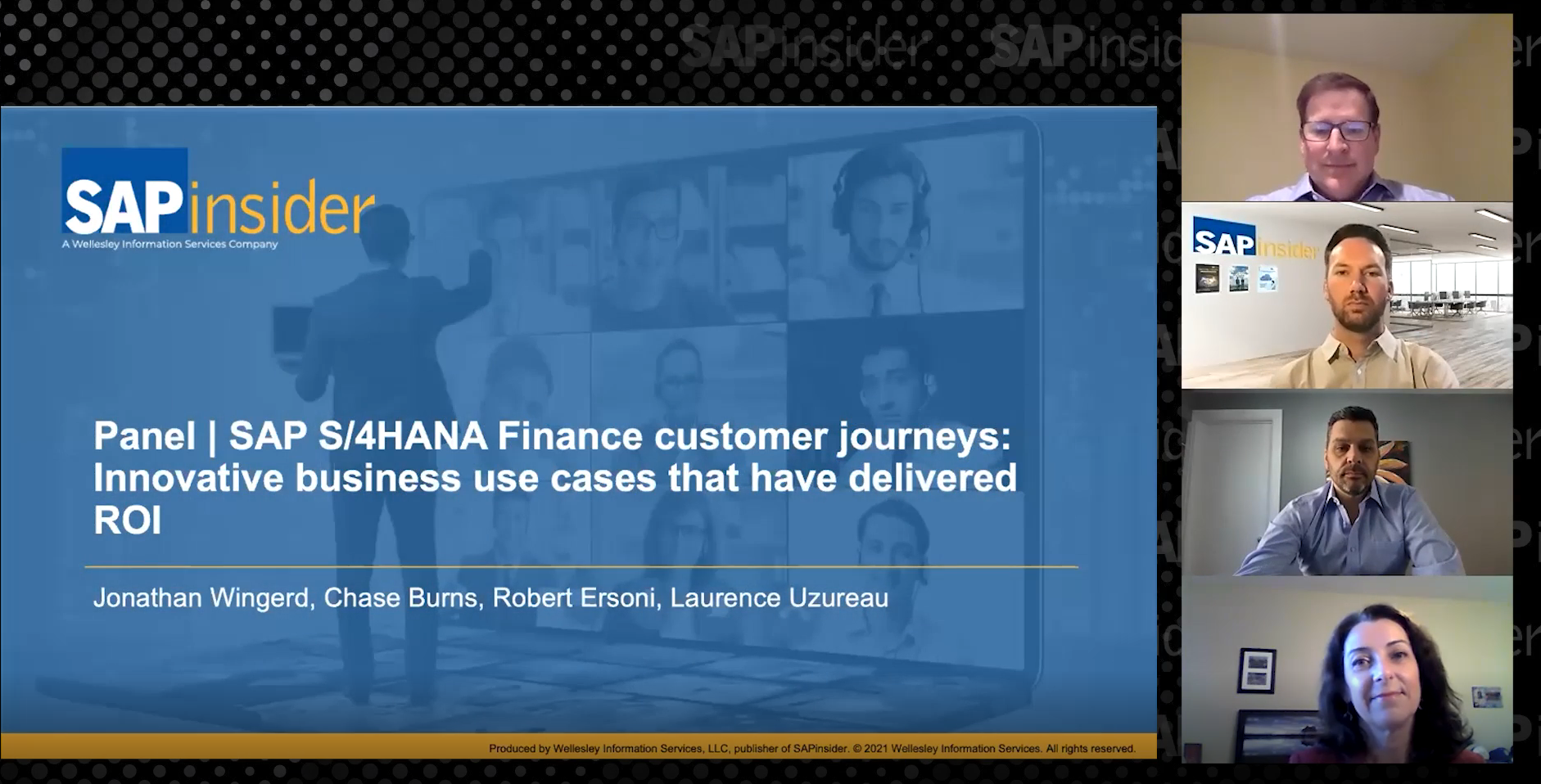Revolutionizing and Modernizing your Financial Processes with SAP S/4HANA Finance
A former accountant himself, Paul Ovigele, SAP Consultant and Founder and CEO of ERPfixers, understands this group’s mindset. “You can’t just hand an accountant a shiny new thing like SAP S/4HANA Finance and expect them to get excited. They want to get to the bottom of exactly what the benefits are and whether the benefits out weight the cost—that’s how financial people think. They want something they can measure against.”
Ovigele, who has been an SAP Financials consultant for about 22 years working in different industries and countries, started his about five years ago. ERPFixers is a collaboration platform that helps other SAP consultants get connected with SAP customers who need help across all SAP modules.
Ovigele works mainly with implementations, helping customers utilize the SAP Financials system to create better reports, analyze their data properly, and predict certain outcomes of different business narratives.
Explore related questions
Prior to SAP S/4HANA the financial part of SAP was more of a reactive function that looked back at the month and reported on the results. Now businesses are more focused on taking a proactive approach through understanding how to use data from predictive models, planning, and forecasting to drive the business forward.
“My role as an SAP consultant in the last four or five years has been to help SAP customers figure out how to use this new functionality to manage their business by identifying what their current system does and matching SAP tools to business needs during the transitional path to SAP S/4HANA. The functionality of this upgrade is good but the amount of information can be overwhelming.”
When it comes to where SAP customers are in their migration to SAP S/4HANA, Ovigele says many are starting to take notes. “In my experience customers are either starting to plan projects that will bring them to SAP S/4HANA or they’re in the initial stages of their transition. I’ve seen a slower adoption rate than I would have expected but the end-of-maintenance deadline is definitely a driver,” says Ovigele, an insight that is corroborated by SAPinsider’s research.
Ovigele says the kind of impact SAP S/4HANA Finance migration is having on IT infrastructure and business intelligence is “not a one size fits all. The impact depends on many factors, including which way you transition to SAP S/4HANA (on-premise, private cloud, or public cloud) and also whether you are doing a Greenfield, Brownfield or Central Finance approach. In my experience SAP projects take about two years to complete. Businesses looking to migrate to SAP S/4HANA should start planning, at the latest, next year, in my opinion,” says Ovigele.
Need help making the business justification for migrating to SAP S/4HANA Finance? Here are some of the justifications that Ovigele recommends including in your business case:
- Increased productivity
- Better and consistent reporting and analysis
- Transparency of information
- Fewer adjustments and faster time to close
- Reduced total cost of ownership








